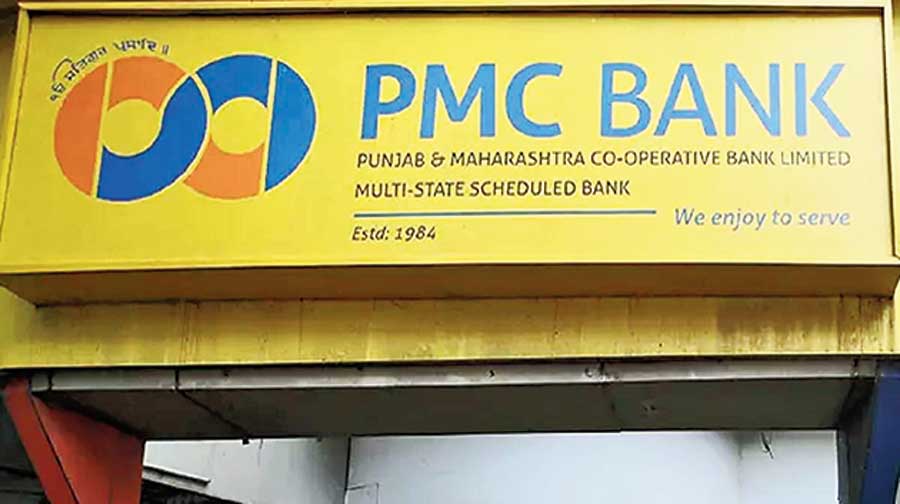Centrum, the Mumbai-based financial services group, has thrown its hat into the ring to acquire troubled-lender Punjab and Maharashtra Cooperative (PMC) Bank.
On Friday, the Reserve Bank of India (RBI) announced that PMC Bank has received four investment proposals to take over management control, revive the bank and commence regular operations.
This was confirmed by a spokesperson of the Centrum group to The Telegraph.
“PMC Bank made an open invitation for a potential investment in the bank. Centrum group has submitted an expression of interest (EoI) for the same,” the spokesperson disclosed.
The identity of the three other suitors could not be ascertained. Centrum group is led by seasoned banker Jaspal Bindra, who was earlier the Asia-Pacific head of Standard Chartered Bank. The group, which started its operations as a money changer in 1997, has subsequently diversified into merchant banking, project finance, institutional brokerage and wealth management. It has also ventured into housing finance, SME and MSME finance and microfinance.
In September 2019, the RBI had imposed restrictions on the multi-state urban cooperative bank, including on withdrawals by customers. Last month, PMC Bank had invited expressions of interest (EoI) from potential investors for investment or equity participation for its reconstruction. PMC Bank had said eligible investors could be financial institutions, including banks and NBFCs and individuals or group of individuals, companies, societies, trusts or any other entities having adequate net worth.
It further pointed out that the investor should ideally bring in the capital required for enabling the bank to achieve the minimum required capital to risk weighted assets ratio (CRAR) of 9 per cent. However, the investors could also look at the option of restructuring a part of deposit liabilities into capital or capital instruments.
PMC Bank had further said that subsequent to commencement of the normal day-to-day operations, it will be open for the investor to convert the bank into a small finance bank by making an application to the RBI. This, however, will be subject to compliance of the RBI guidelines on voluntary transition of urban co-operative banks (UCBs) into SFBs issued in 2018.
Moreover, according to the RBI guidelines for “on tap” licensing of small finance banks in the private sector, an SFB is eligible for transition into a universal bank after a minimum period of five years, subject to meeting the prescribed eligibility conditions.
Initially, the RBI had allowed depositors to withdraw Rs 1,000 which was later raised to Rs 1 lakh per account to mitigate their difficulties. In June this year, the RBI had extended the regulatory restrictions on the cooperative bank by another six months till December 22, 2020. This has now been extended till March 31, 2021.
“The bank has informed Reserve Bank that in response to the EoI, four proposals have been received. These proposals will be examined by the bank with regard to their viability and feasibility, taking into account the best interest of the depositors. To undertake this process, the bank would need some more time,” the RBI said.










